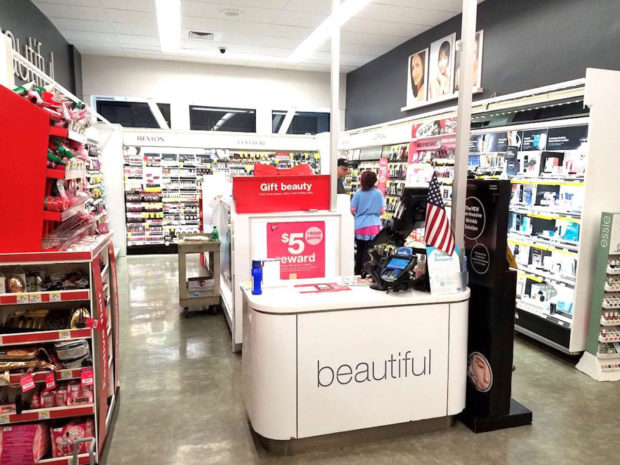
Walgreens agreed to pay $15 million in damages to its employees who complained of lack of sitting facilities.
Eden Smiles worked for Walgreens, the pharmacy giant, as a cashier. She filed a class action case on behalf of current and former non-exempt, hourly-paid cashiers, photo specialists, beauty advisors, and other employees assigned cash register duties who worked for Walgreens. Smiles also filed the lawsuit on behalf of the State of California under the state’s. The lawsuit claims that Walgreens failed to provide employees with suitable seating while performing their work tasks.
California law generally requires employers to provide suitable seats to employees when the nature of the work reasonably permits the use of seats. California courts have clarified that the phrase “nature of the work” refers to the employee’s actual or expected tasks at a given location, and not to the entire range of an employee’s duties anywhere on the job site during the whole shift. If the task being performed reasonably permits sitting, which would not interfere with performance of any other tasks that may require standing, then the employer must provide a seat.
If an employee’s actual tasks at a specific location make seated work feasible, the employee is entitled to a seat while working there. However, if other job duties take employees to a different location where they must perform standing tasks, they would be entitled to a seat during “lulls in operation.” This means the employees can sit down if not actively working on the task that requires standing.
Whether the nature of the work reasonably permits sitting is a question to be determined objectively based on the totality of the circumstances. An employer’s business judgment and the physical layout of the workplace are important factors to consider but will not necessarily dictate the outcome.
If the employer does not provide employees seating and argues there is no suitable seat available, the burden is on the employer to prove unavailability.
Often, companies will claim that providing seats at work is done only if there is a medical justification for doing so. In a previous seating case against Walmart, Walmart argued that placing stools at cash registers would pose a safety hazard and could make workers less productive. The company claimed that the nature of cashiers’ work did not reasonably permit seating because they need to scan large items, stretch to see the bottom of shoppers’ carts, bag merchandise, and sometimes perform work away from registers. (Walmart eventually had to settle the case against it for $65 million in damages to over 80,000 employees.)
In some industries, sitting down to work is not an issue. But for those other industries that require employees to continuously stand up while working, a public health issue may arise.
The public health aspect of seating was addressed by California regulations starting in the early 1900s, originally to protect female workers in the retail industry. The version of this law has undergone several changes throughout the years to cover all workers, regardless of gender, age, or medical condition. California sees this law as just one more “humane consideration” for the welfare of employees.
Rather than continue with the litigation, the parties agreed to settle the case. Walgreens agreed to pay $15 million in damages to its employees.
The Law Offices of C. Joe Sayas, Jr. welcomes inquiries about this topic. All inquiries are confidential and at no-cost. You can contact the office at (818) 291-0088 or visit www.joesayaslaw.com. [C. Joe Sayas, Jr., Esq. is an experienced trial attorney who has successfully recovered wages and other monetary damages for thousands of employees and consumers. He was named Top Labor & Employment Attorney in California by the Daily Journal, consistently selected as Super Lawyer by the Los Angeles Magazine, and is a Presidential Awardee for Outstanding Filipino Overseas in 2018.]

